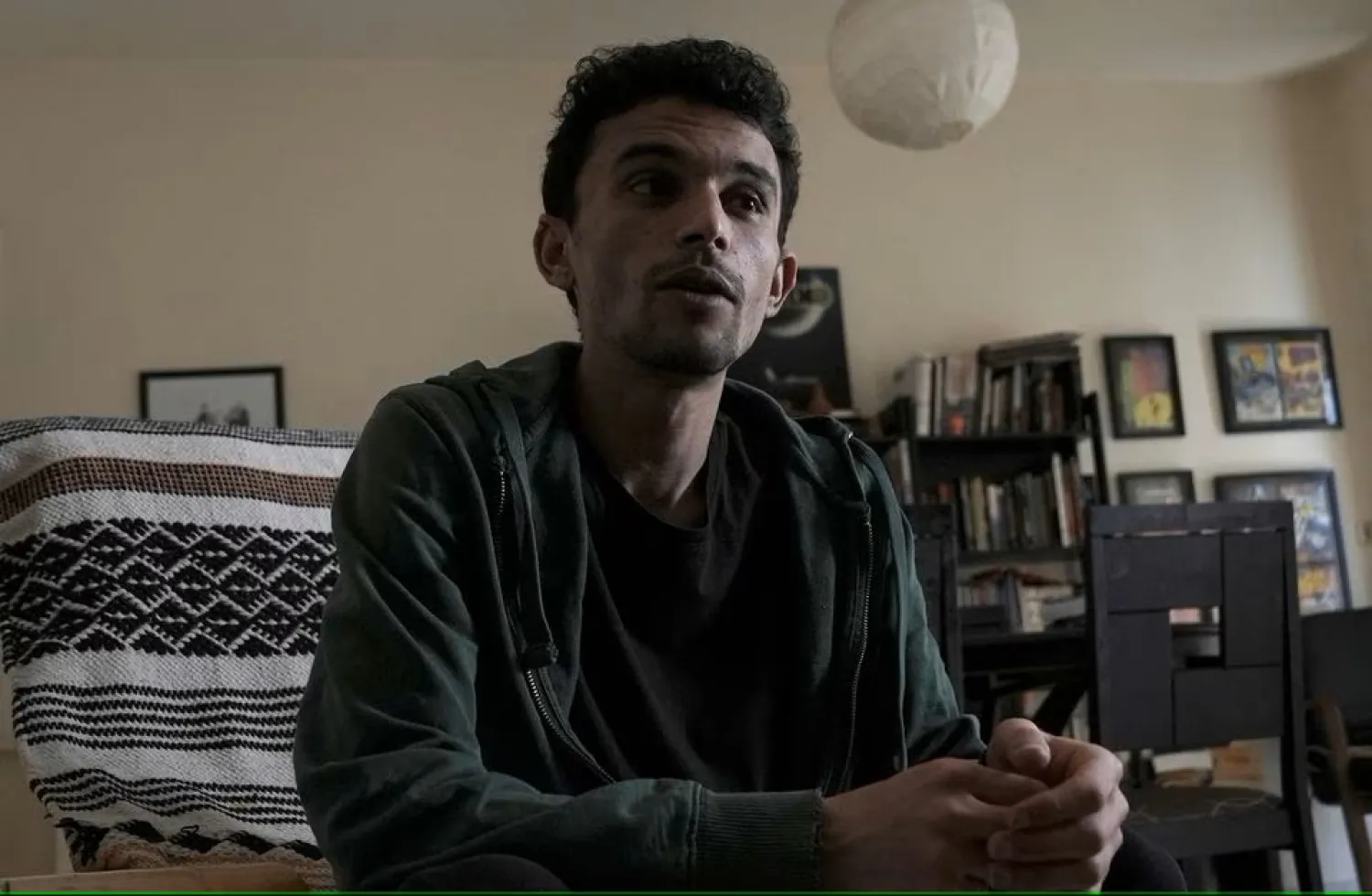Syrian refugees detained by security forces in Lebanon and deported have been subject to arrest and forced conscription upon return to their war-ravaged homeland, their relatives and rights advocates have told Reuters.
Some said their loved ones were being held by the Syrian army's Fourth Division, which is headed by President Bashar al-Assad's brother and has been sanctioned for rights violations.
Amnesty International says the deportations are a "clear violation" by Lebanon of international law under the principle of "non-refoulment," which prohibits nations from forcibly returning anyone to a country where they risk persecution.
The Syrian government did not respond to a request for comment. The Lebanese army, which has been carrying out the deportations according to Amnesty International, aid workers and witnesses, declined to comment.
Lebanon is home to some 800,000 Syrians registered with the United Nations refugee agency (UNHCR) who have fled since the war erupted in 2011. Lebanese authorities say the real number of Syrians in their country is 2 million.
One refugee told Reuters he and his three brothers were detained in a raid on a camp in Lebanon in late April. Because his brothers did not have legal residency, they were deported.
"They managed to get in touch with me from inside Syria, saying they were being held by the Fourth Division. I still don't know if they're alright," he said, asking to speak anonymously because of fear of reprisals.
Another refugee said he was briefly held by the Fourth Division after being deported but paid smugglers to return to Lebanon.
A senior humanitarian source said more than 450 Syrians were arrested in more than a dozen raids by the Lebanese army or at ad hoc checkpoints in April. More than 130 were deported.
'NO EXCUSE' FOR DEPORTATIONS
Another senior humanitarian source confirmed that Syrians registered with the United Nations had been deported, including unaccompanied minors. The Norwegian Refugee Council said a beneficiary of one of its youth programs was deported.
Ismail told Reuters his three sons Hassan, Imad and Mohammad were taken by Lebanese security forces during a raid on their home and deported because they did not have valid residency papers.
"Imad and Mohammad are wanted by the Syrian army for not completing their military service. They're hiding at a family friend's house but have to begin their service within the week," Ismail, who only wanted to give his first name, told Reuters.
"Hassan is just 15 and is so scared he's having heart palpitations."
The UN's Commission of Inquiry said in March that Syria "is still not a safe place to return to," partly because of ongoing detentions and rights violations by security forces.
Amnesty International said it had documented at least four cases in which Syrians were arrested following their deportation from Lebanon, in addition to separate cases of conscription.
"There is absolutely no excuse for the Lebanese state to violate its international legal obligation by summarily returning refugees to a country where they fear persecution," said Amnesty's regional deputy director, Aya Majzoub.
Majzoub said the April deportations were accompanied by a wave of hate speech, restrictive measures by Lebanese municipalities hosting Syrians and comments by officials that created a "coercive environment" that pressured refugees to leave.
Youssef, a Syrian refugee and single father of two, said he was so afraid of being deported and conscripted that he had stopped leaving his home in Lebanon.
"This permanent discrimination creates a state of fear of meeting anyone new – even interacting with your neighbor or the local shop owner downstairs," he said.









